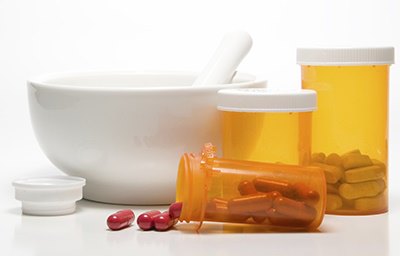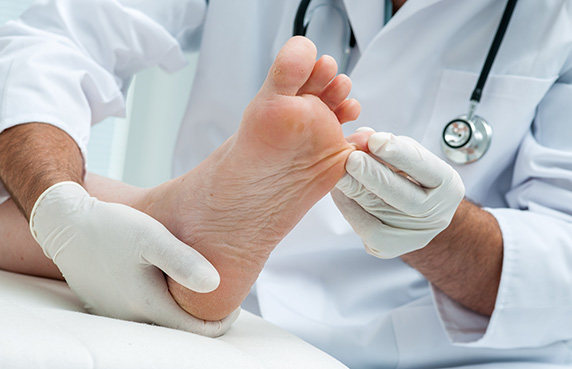While the life expectancy gap between men and women has decreased, it’s no secret that men still need to pay more attention to their bodies. Several factors work against men: men tend to smoke and drink more than women; men do not seek medical help as often as women; and some men define themselves by their work, which can add to the stress.
Improving men’s health starts at home with individuals and families taking steps to live safer and healthier lives. The biggest threats to men’s health can often be prevented. Some of the most common causes of death in men are the following:
- Heart disease
- Cancer
- Accidents
- Chronic lower respiratory diseases
- Stroke
- Type 2 diabetes
- Suicide
Understanding your health risks is one thing; taking action to reduce your risks is another. Make healthy living a part of your daily routine. There are numerous things you can do every day to improve your health and stay healthy, many of which do not take a lot of time and cost very little. We suggest the following healthy lifestyle choices.
- Do not smoke and avoid exposure to secondhand smoke.
- Eat a healthy diet.
- Manage high cholesterol and high blood pressure and keep your blood sugar under control. We can help.
- Include physical activity in your daily routine.
- Get enough sleep. Insufficient sleep is associated with several chronic diseases and conditions, such as diabetes, cardiovascular disease, obesity, and depression.
- Maintain a healthy weight.
- Limit alcohol.
- Manage stress. Ask us about adrenal support.
- Minimize exposure to chemicals and outdoor air pollution.
- Take early detection seriously and get regular health screenings. Screening tests can find diseases early when they are easier to treat.
- Care for your mental health. Depression in men is often undiagnosed contributing to the fact that men are four times more likely to commit suicide than women. If you have signs and symptoms of depression — such as feelings of sadness or unhappiness and loss of interest in normal activities — consult your doctor. Treatment is available.
Testosterone therapy: The key to male vitality?
Testosterone is a hormone that peaks during adolescence and early adulthood. As men age, testosterone levels gradually decline — typically about 1% a year after age 30. Testosterone helps to maintain men’s:
- Bone density
- Fat distribution
- Muscle strength and mass
- Cardiovascular protection
- Red blood cell production
- Sleep quality
- Motivation, self-confidence
- Memory
- Sex drive
- Sperm production
Problems with some of the functions listed above can be a normal part of aging or can result from low testosterone levels secondary to underlying factors including medication side effects, thyroid problems, depression, and excessive alcohol use. Laboratory testing is the only way to diagnose a low testosterone level. Hypogonadism is the condition of having low levels of testosterone. Testosterone replacement therapy can improve the signs and symptoms of hypogonadism. Our compounding pharmacist will work together with each man and his physician to customize medications in the strength and dosage form that are most appropriate for each individual, to minimize the risks and maximize the benefits of therapy. Help improve the health of the men in your life! Ask our pharmacist how we can help.
©Storey Marketing. All rights reserved.






